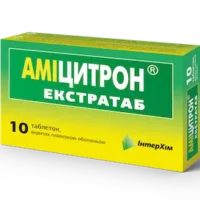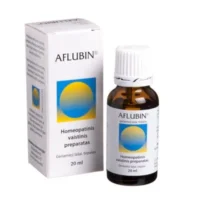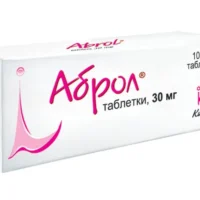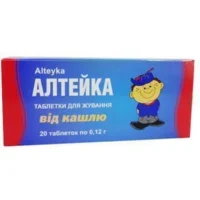Description
Solpadein Activ (Paracetamol, Caffeine) Effervescent Tablets №12
Ingredients
- Paracetamol – XXX mg
- Caffeine – XXX mg
Dosage
Adults and children over 12 years: Dissolve 1 effervescent tablet in a glass of water every 4-6 hours as needed. Do not exceed 4 tablets in 24 hours.
Indications
Solpadein Activ is indicated for the relief of mild to moderate pain such as headache, migraine, toothache, and period pain.
Contraindications
- You are allergic to paracetamol or caffeine.
- You have severe liver or kidney disease.
- You are pregnant or breastfeeding without medical advice.
Directions
Dissolve the effervescent tablet in a glass of water and drink immediately. Do not chew the tablet. Follow the recommended dosage and do not exceed the stated dose.
Scientific Evidence
Solpadein Activ combines the analgesic properties of paracetamol with the stimulant effects of caffeine, providing effective relief for various types of pain. Studies have shown that the combination of paracetamol and caffeine can enhance pain relief compared to paracetamol alone.
Research published in the Journal of Pain Research demonstrated that the synergistic effect of paracetamol and caffeine can lead to improved pain management with a lower overall dose of paracetamol, reducing the risk of side effects associated with high doses.
Additional Information
Solpadein Activ effervescent tablets are convenient for on-the-go pain relief and provide fast-acting results. It is important to read the package leaflet and consult a healthcare professional if symptoms persist or worsen.
Remember to store this medication out of reach of children and in a cool, dry place. If you have any questions or concerns about using Solpadein Activ, seek advice from a pharmacist or doctor.





